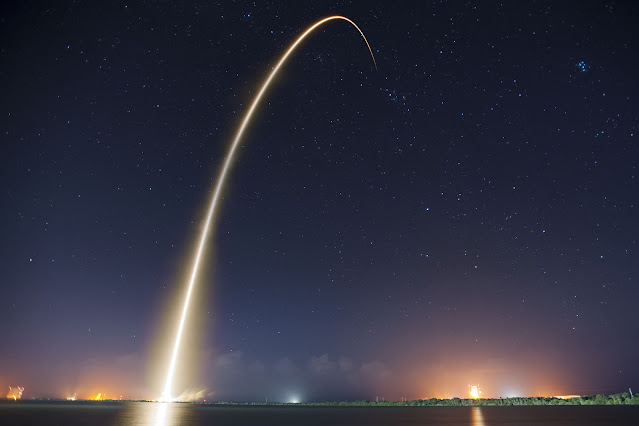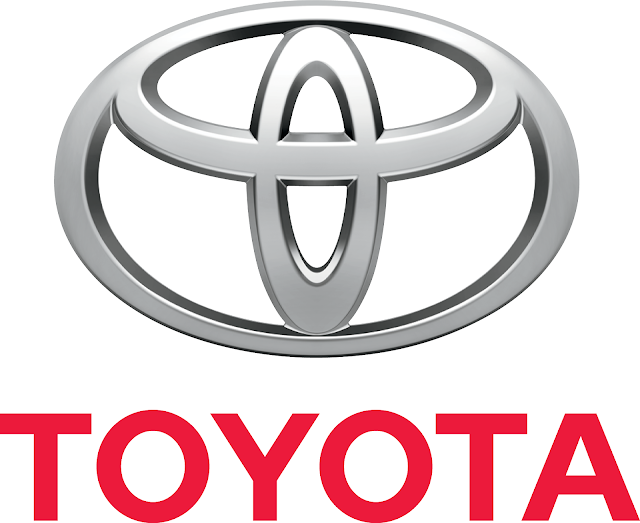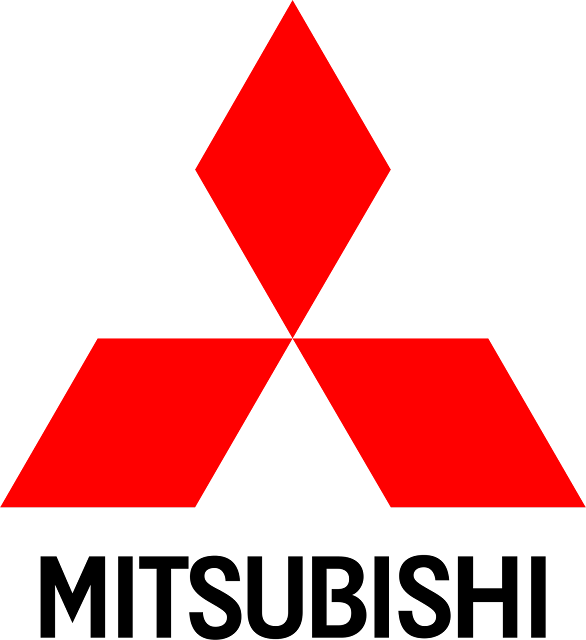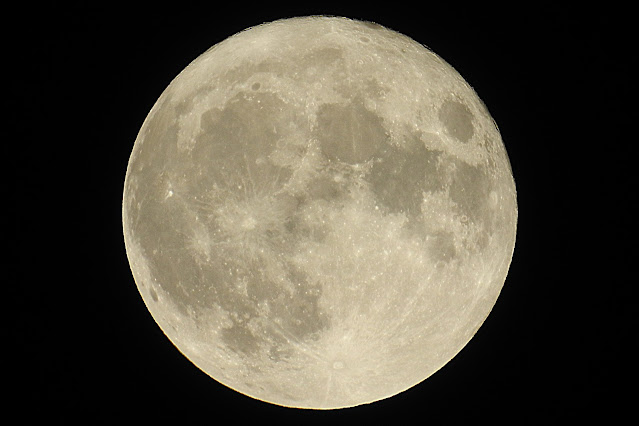Mitsubishi Heavy Industries
(MHI), which is independently working on an unmanned lunar explorer set to
launch in 2025, will provide Toyota with valuable data and expertise gained
from operating their vehicle on the Moon's surface.
Having been involved
in constructing portions of the International Space Station, MHI will also
contribute its knowledge in life support systems in space, assisting Toyota in
building the crewed pressurized rover known as the "Lunar Cruiser."
The Lunar Cruiser is planned for a Moon mission in 2029.
Notably, Toyota's
Lunar Cruiser will be powered by regenerative fuel cells, generating
electricity solely from sunlight and water. This technology holds the potential
for applications beyond space missions, such as generating electricity in
remote areas like islands, refugee camps, and disaster-stricken regions.
Ken Yamashita, head
of the project at Toyota, expressed optimism about using the technology
acquired through the rover's development on Earth as well.
This initiative from
Toyota aligns with a broader trend of private companies worldwide increasing
their involvement in space exploration. Notably, SpaceX, who achieved a
significant milestone in 2020 when its capsule successfully docked with the
International Space Station, marking the first-ever manned commercial
spacecraft docking.
Toyota's venture into
space exploration comes at a time when other automakers like Nissan Motor Co.
and Honda Motor Co. have also ventured into the space industry.
With MHI's expertise garnered from their unmanned lunar explorer and contributions to the International Space Station, they are poised to build the awe-inspiring "Lunar Cruiser" – a crewed pressurized rover destined for a momentous Moon mission in 2029. This daring endeavor will not only push the boundaries of space exploration but also ignite a ripple effect on Earth, with Toyota's regenerative fuel cell technology promising a sustainable future beyond the stars.
As the automotive titans soar among the cosmos, hand in hand with giants like SpaceX, a thrilling era of
private companies charting the course of space exploration dawns upon us. The
skies are no longer the limit for Toyota, and the entire world watches with bated
breath as they usher in an electrifying new chapter in the annals of human
achievement.
Wooden Satellite: A Fusion of Japanese Tradition and Innovation in Space Exploration
Japan's Space Industry Boost: Funding, Technology, and Lunar Exploration
Chiba University Launches Research for Space Agriculture Pioneering Lunar Farming
Space Burials: Commemorating Departed Loved Ones Amongst the Stars






Comments
Post a Comment